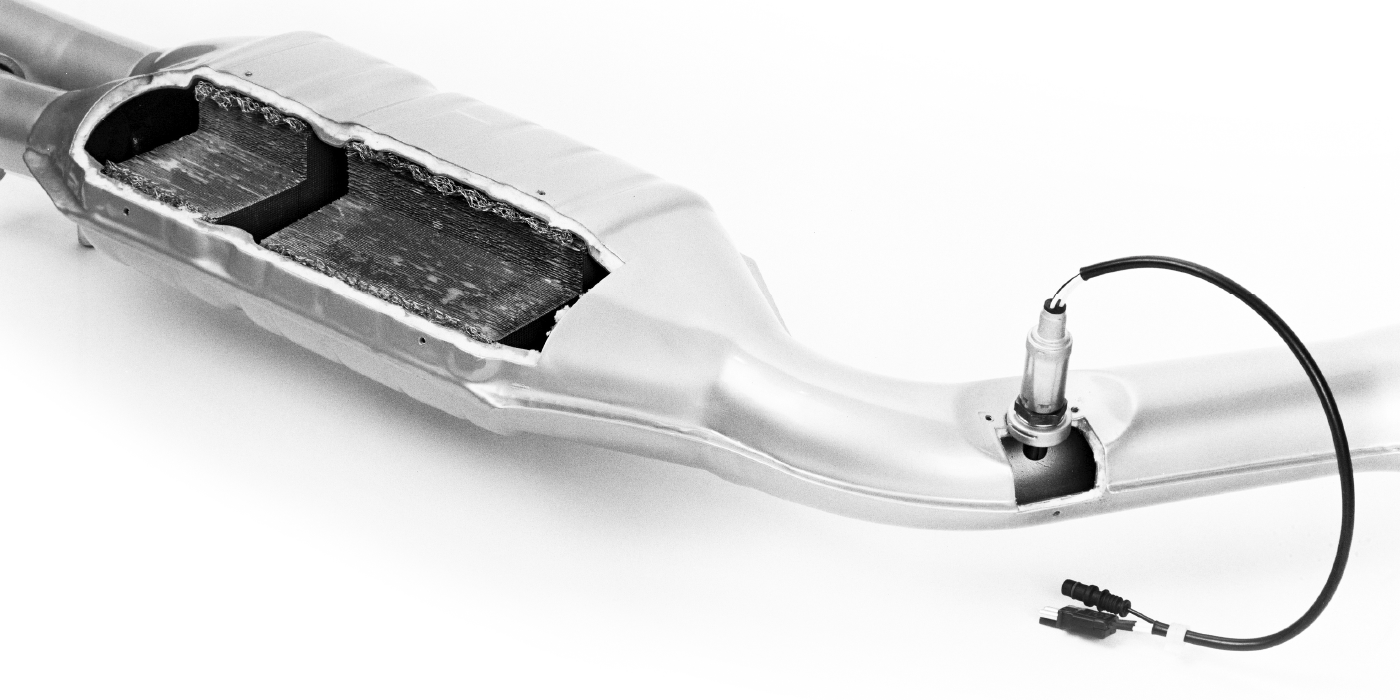Andrew Markel talks about brake rotor corrosion, and why they seem to always corrode on the inside first. Sponsored by Auto Value and Bumper to Bumper.
Video courtesy Brake & Front End.
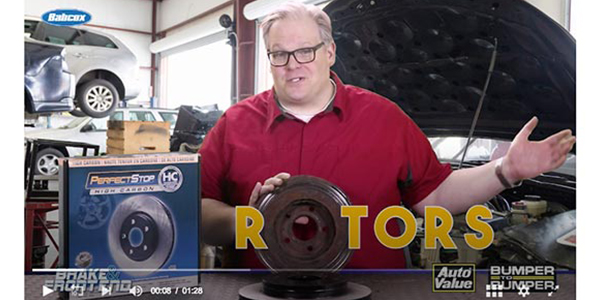
Andrew Markel talks about brake rotor corrosion, and why they seem to always corrode on the inside first. Sponsored by Auto Value and Bumper to Bumper.
Video courtesy Brake & Front End.
The key to servicing these systems is proper information and understanding precisely how these systems operate.
Audi active shocks and struts usually go unnoticed, until there is a problem or when a message is sent to the instrument cluster indicating there is a fault with the system. Swapping parts on these systems and using guesswork to diagnose a problem will usually result in an angry customer and an annoyed parts supplier. The key to servicing these systems is proper information and understanding precisely how these systems operate.
Every driver has a different threshold for a pull.

If the clutch gets too hot from excessive slippage or loading, the linings may burn, damaging the clutch.
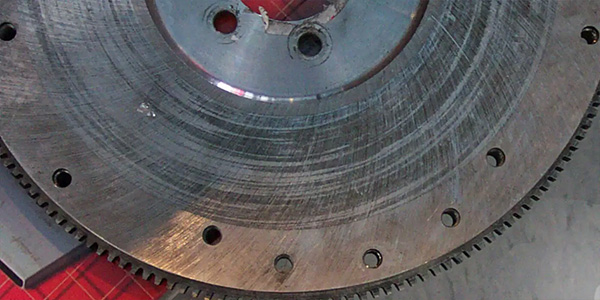
Accuracy is important for sophisticated ADAS systems.
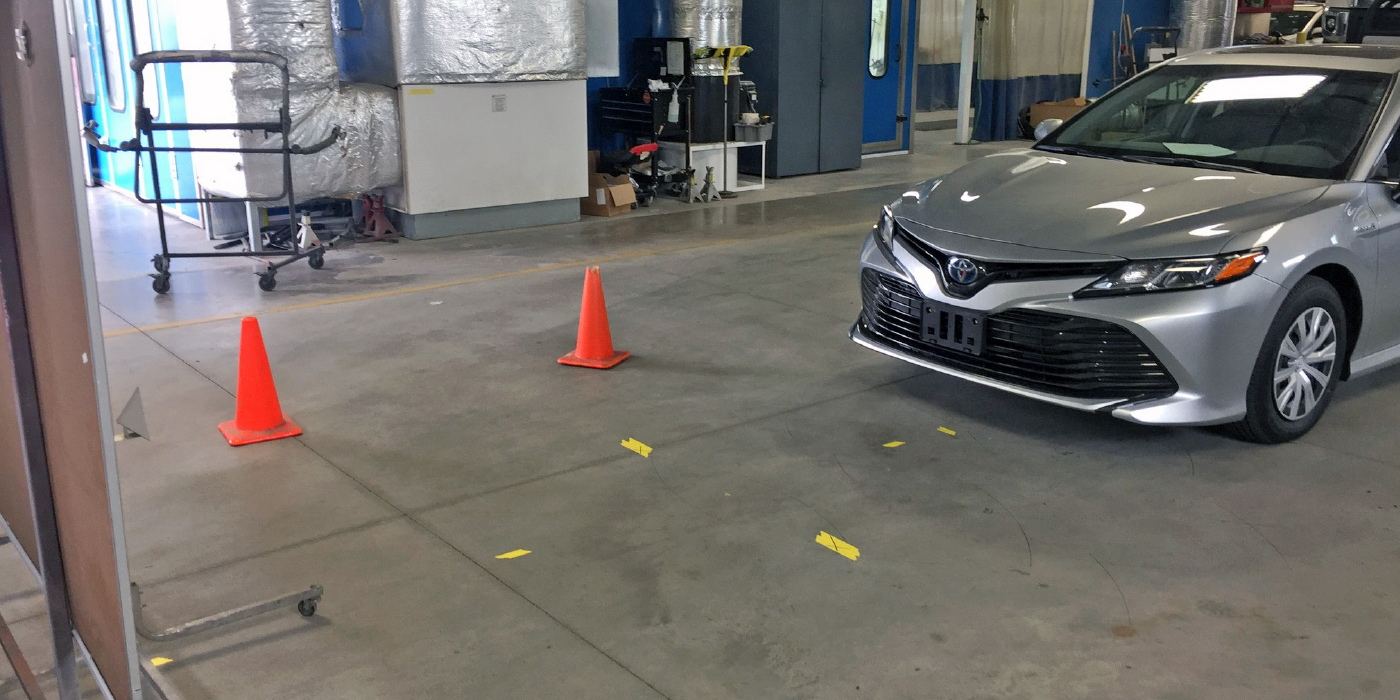
AWD is always engaged and with the ABS brake modulator, can perform like systems with limited-slip differentials.
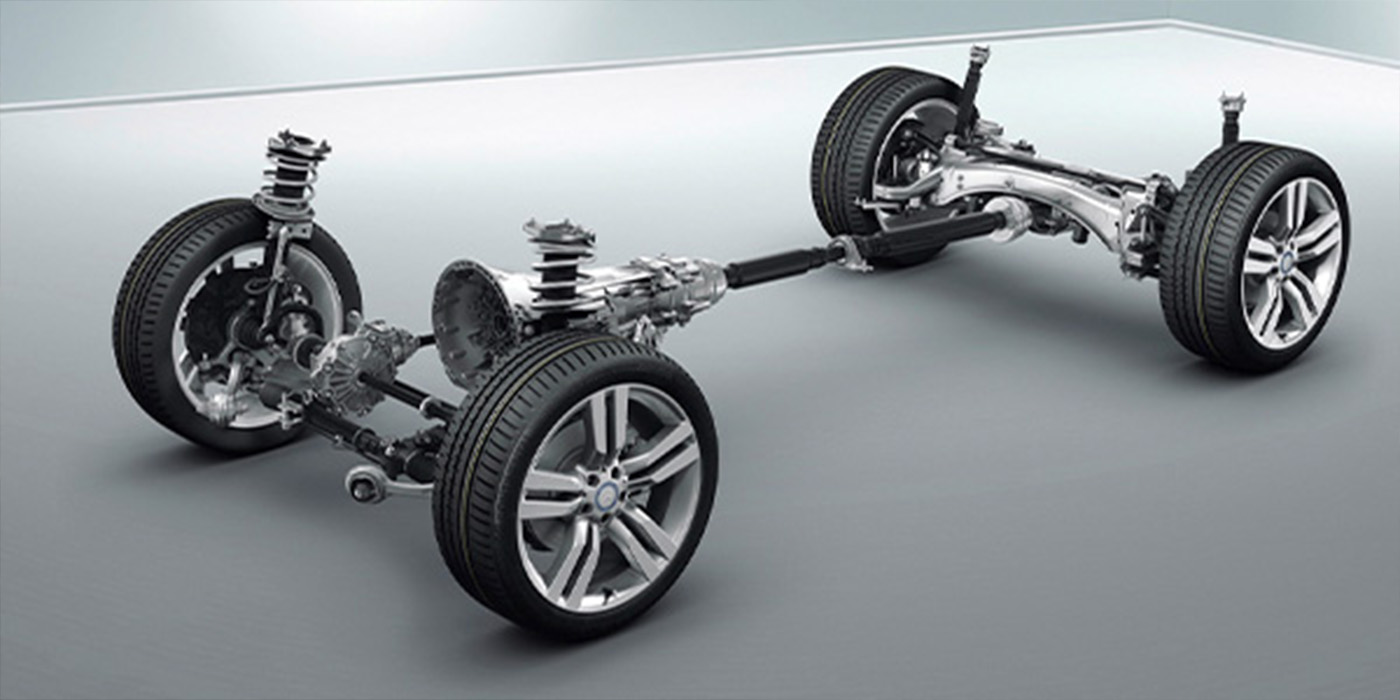
The heat eventually burns out the blower motor resistor, and, in many cases, causes the electrical connector to melt.
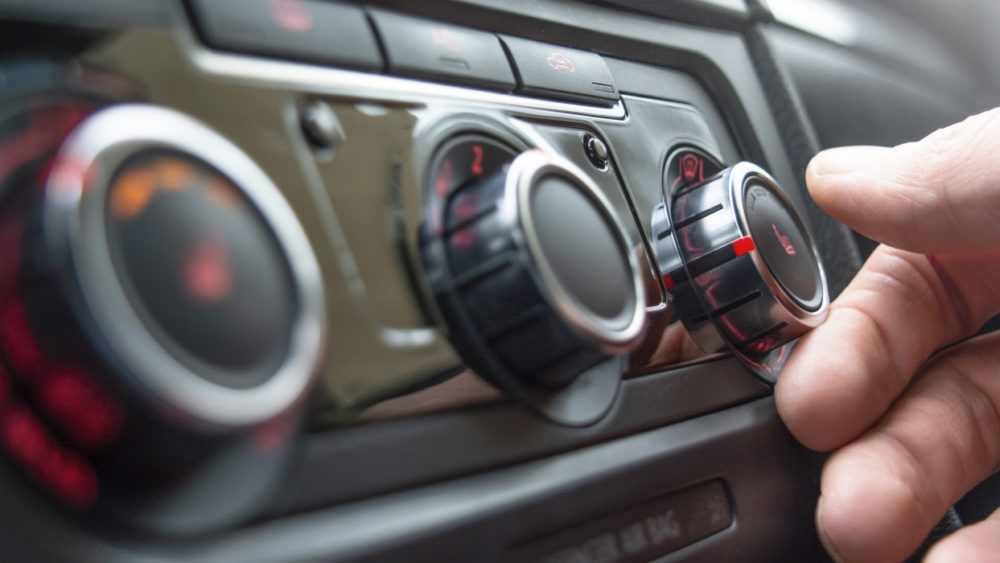
Here are some tips to follow when replacing a spark plug.
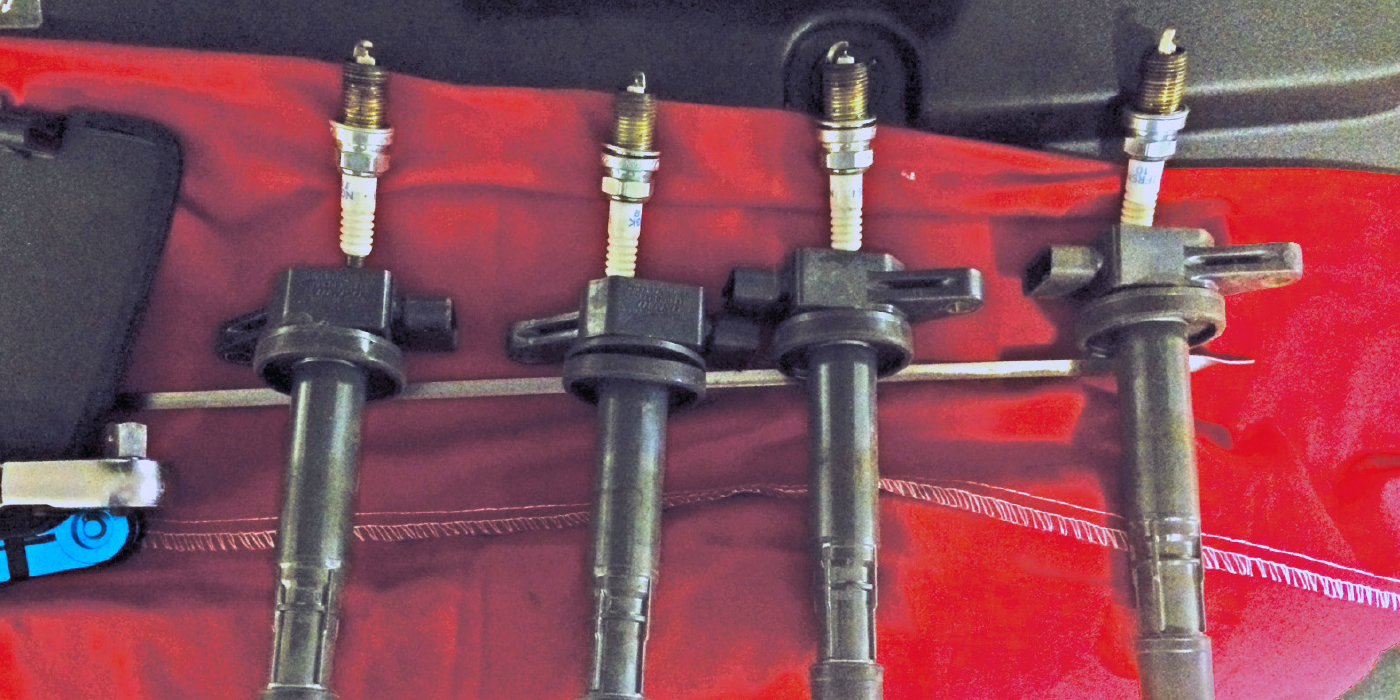
Knowing if and why there’s runout will help you reinstall a smooth braking system.
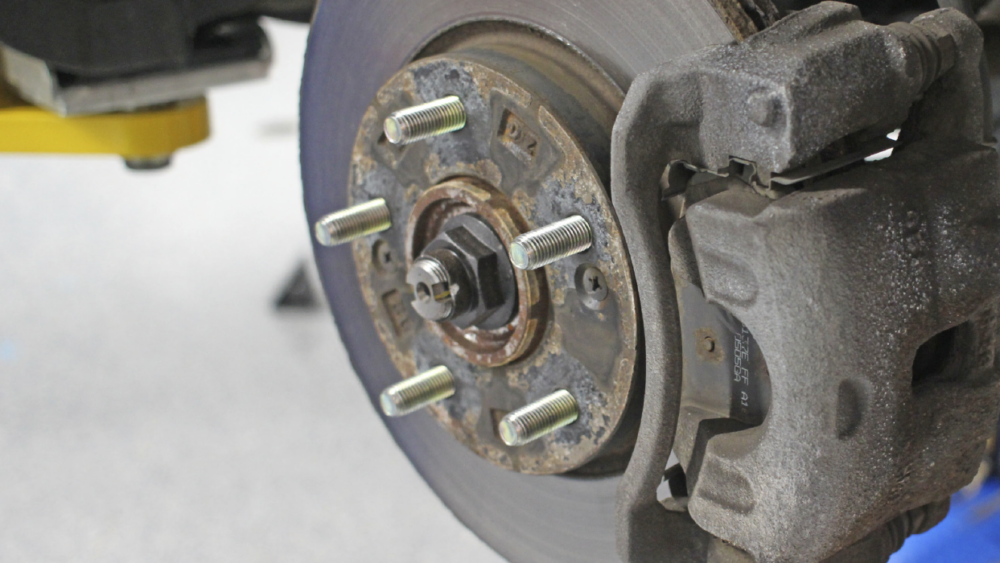
Newer air/fuel ratio or wide-band sensors can detect a wide range of fuel conditions.
